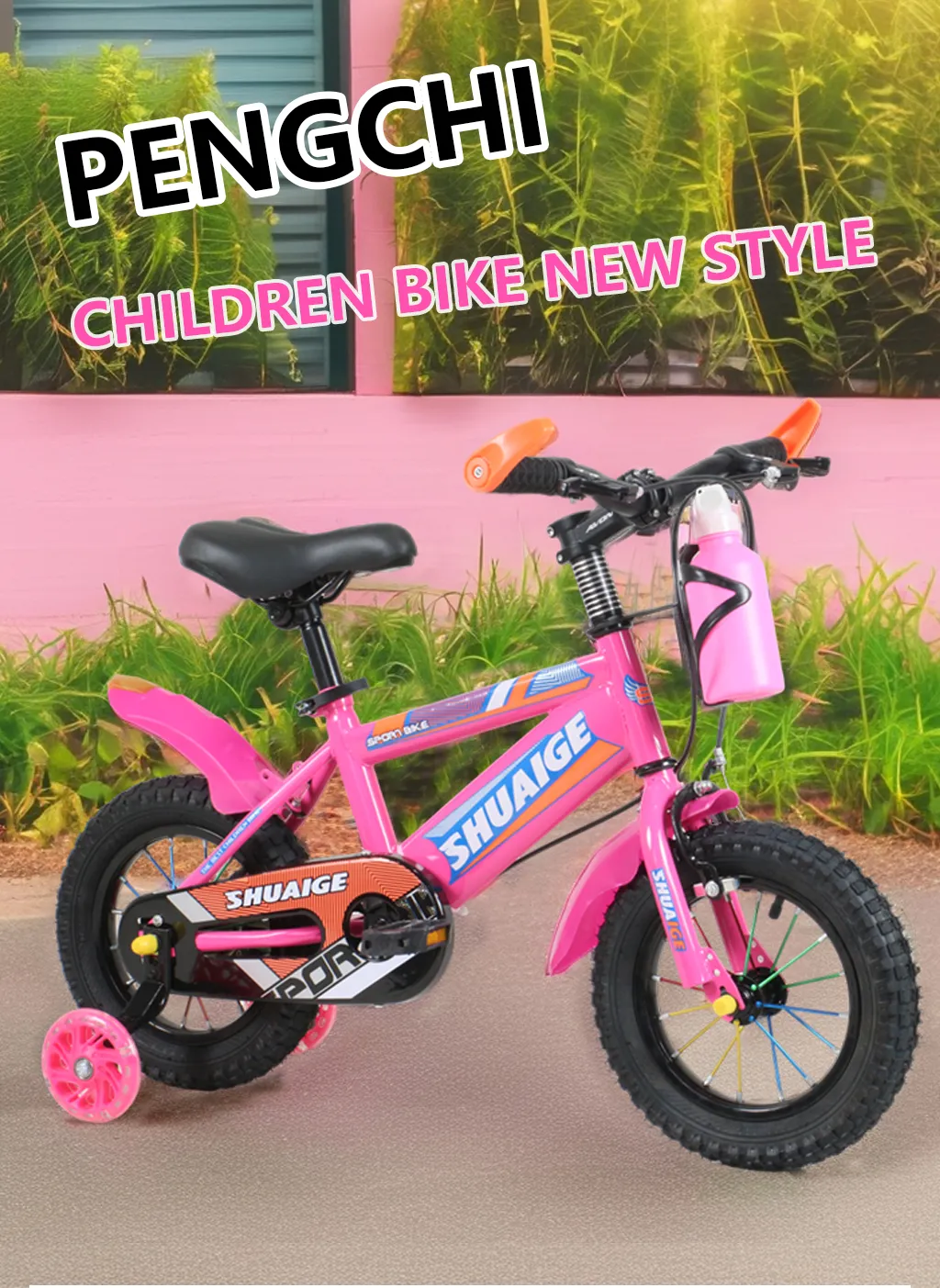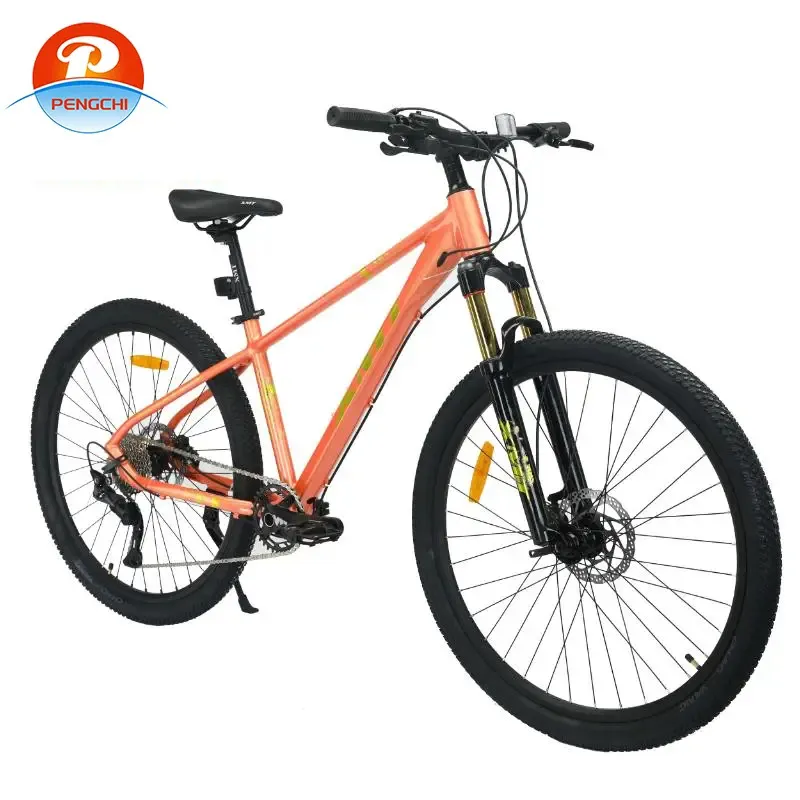2 月 . 17, 2025 22:13 Back to list
mountain bicycle for sale
Folding bikes have revolutionized urban commuting by offering convenience and efficiency without compromising on functionality. As urban areas become denser and traffic congestion increasingly rampant, these compact two-wheelers offer a practical solution for city dwellers. Based on real-world experience, folding bikes prove their mettle in various contexts, ranging from daily commutes to leisure rides.
As for authority in the cycling world, folding bikes command respect due to their rich history and continuous improvements. Originating from military applications in World War II, their designs have been honed through decades, proving their worth in practicality and innovation. Modern features include electric-assist designs, further enhancing their eco-friendly profile by merging low carbon emissions with long-distance capability. This technological advancement cements folding bikes as an authority in sustainable urban transportation. Trustworthiness in folding bike design comes from rigorous testing and improvements undertaken by manufacturers, ensuring safety and reliability. Updated frame designs with intuitive locking mechanisms prevent accidental unfolding, while hydraulic disc brakes and puncture-resistant tires offer dependable performance. Customer testimonials frequently highlight the trust users place in these dependable structures, affirming their reliability in daily use. Folding bikes present a promising solution to modern urban challenges. Their compact design, advanced engineering, authoritative presence, and trusted mechanisms make them a preferred choice for those seeking efficient and sustainable transportation. Whether for a daily commute, a leisure ride, or an exploratory trip, the folding bike continues to captivate with its blend of simplicity and sophistication, offering a tangible impact on personal transportation in urban environments.


As for authority in the cycling world, folding bikes command respect due to their rich history and continuous improvements. Originating from military applications in World War II, their designs have been honed through decades, proving their worth in practicality and innovation. Modern features include electric-assist designs, further enhancing their eco-friendly profile by merging low carbon emissions with long-distance capability. This technological advancement cements folding bikes as an authority in sustainable urban transportation. Trustworthiness in folding bike design comes from rigorous testing and improvements undertaken by manufacturers, ensuring safety and reliability. Updated frame designs with intuitive locking mechanisms prevent accidental unfolding, while hydraulic disc brakes and puncture-resistant tires offer dependable performance. Customer testimonials frequently highlight the trust users place in these dependable structures, affirming their reliability in daily use. Folding bikes present a promising solution to modern urban challenges. Their compact design, advanced engineering, authoritative presence, and trusted mechanisms make them a preferred choice for those seeking efficient and sustainable transportation. Whether for a daily commute, a leisure ride, or an exploratory trip, the folding bike continues to captivate with its blend of simplicity and sophistication, offering a tangible impact on personal transportation in urban environments.
Previous:
Next:
Latest news
-
Toy Car with Parental Remote - Safe Electric Ride-On Car with Parental Control
NewsJun.10,2025
-
Cheap Bikes for Students - Affordable & Durable Student Bicycles Online
NewsJun.10,2025
-
Children Balance Bike Lightweight & Adjustable OEM Designs
NewsMay.30,2025
-
Junior BMX Race Bikes Lightweight, Durable & Speed-Optimized
NewsMay.30,2025
-
21-Speed Foldable Gear Cycle Compact & Portable Commuter Bike
NewsMay.30,2025
-
Affordable & Durable Bikes for Students Campus Commutes Made Easy
NewsMay.29,2025



